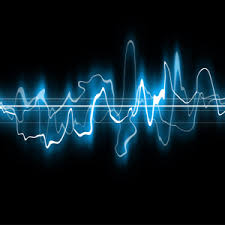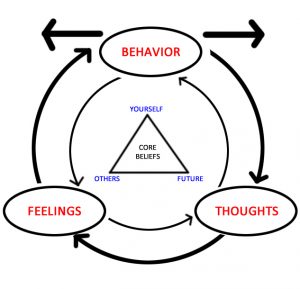 What is cognitive retraining Therapy for Tinnitus? 30 million Americans experience hearing loss at some point in their life. Tinnitus is one of the prevailing ailments in the country. The condition causes buzzing, whistling, chirping, ringing, hissing, or other sounds. Tinnitus affects around 20% of the population, according to a recent research.
What is cognitive retraining Therapy for Tinnitus? 30 million Americans experience hearing loss at some point in their life. Tinnitus is one of the prevailing ailments in the country. The condition causes buzzing, whistling, chirping, ringing, hissing, or other sounds. Tinnitus affects around 20% of the population, according to a recent research.
The noise tinnitus causes can be intermittent or incessant, varying by level of loudness. In severe cases, however, the background noise is low than the one in your ear. Moreover, some people may feel that the sound syncs with their heart, leading to pulsatile tinnitus. The symptoms of tinnitus vary, but most patients usually experience difficulty in hearing.
What Are The Symptoms Of Tinnitus?
As mentioned, tinnitus causes certain sounds and sensations in your ear. The symptoms of the condition may include the following:
- Buzzing
- Ringing
- Hissing
- Humming
- Clicking
- Roaring
Depending on the severity of the condition, the pitch of the sound may vary, from a low hissing to high clicking. Moreover, a person with tinnitus may hear the phantom noise in one or both ears. However, the sound is sometimes too loud that it affects the patients’ level of concentration.
Cognitive Retraining Therapy for Tinnitus
 Patients struggling with mild to severe tinnitus can opt for several therapies to treat the condition. The primary objective of all the treatment programs is reducing the discomfort caused by the condition. The patient may eventually help the patient to live a comfortable and content life. Do note that there is no scientifically proven cure for severe cases of tinnitus.
Patients struggling with mild to severe tinnitus can opt for several therapies to treat the condition. The primary objective of all the treatment programs is reducing the discomfort caused by the condition. The patient may eventually help the patient to live a comfortable and content life. Do note that there is no scientifically proven cure for severe cases of tinnitus.
In particular, sensorineural hearing loss leads to a most cases of tinnitus. However, scientists are searching for the definite treatment. That said, there are effective therapies that can help patients to manage their ailment. Not to mention, these treatment options can reduce the intensity, burden, and omnipresence of tinnitus.
Although these therapies do not eliminate the condition, they help address the cognitive and emotional impact. Patients can thus lead a better and more comfortable life.
Cognitive behavioral therapy is an increasing popular treatment for tinnitus. The treatment addresses the patients’ reaction to tinnitus. Furthermore, the therapy does not aim to eliminate the auditory perception but reduce the negative response to tinnitus.
How Does the Cognitive Retraining Therapy Work for Tinnitus?
A large number of medical researchers studied cognitive retraining therapy. Many medical professionals recommend this therapy to improve the condition. Implementing these measures can prove helpful for improving your quality of life.
Well, the main concept of cognitive retraining therapy is improving the unrealistic and negative cognitions, i.e. your beliefs and thoughts, which inflict maladaptive behavior.
Correcting these negative and unrealistic cognitions with the therapy may help a person with tinnitus have more realistic and positive thoughts. Cognitive retraining therapy helps improve your neurological function, retraining your brain to reinterpret the messages it receives.
Not to mention, your brain perceives these messages based on your cognitive interpretations of reality. Furthermore, the therapy helps establish the connection between your thoughts and their effect on tinnitus.
The Bottom Line
Now that you have a clear idea of how cognitive retraining works for treating tinnitus, you can proceed with the treatment. If you have been experiencing the intermittent or chronic tinnitus, you need to get proper treatment for the condition. Therefore, schedule your appointment with the best Tinnitus Treatment Specialist in NY before the condition becoming worse.
Stephen Geller Katz, LCSW
Call today for a consultation:
646-213-2321

[…] Retraining Therapy […]
[…] Cognitive retraining therapy is a very common type of treatment for tinnitus. In this process, they replace your negative thoughts with positive ones to relieve tinnitus. These treatments also consist of managing your stress levels and relaxing, as that can also help control them. […]
[…] Cognitive Behavioral Therapy, like TRT, implies exempt the negative association that a patient has with the annoying tinnitus sounds. It tries to train the brain to have a different response to the irritable buzzing or ringing sound by controlling the limbic system of our brain to hijack our body. […]